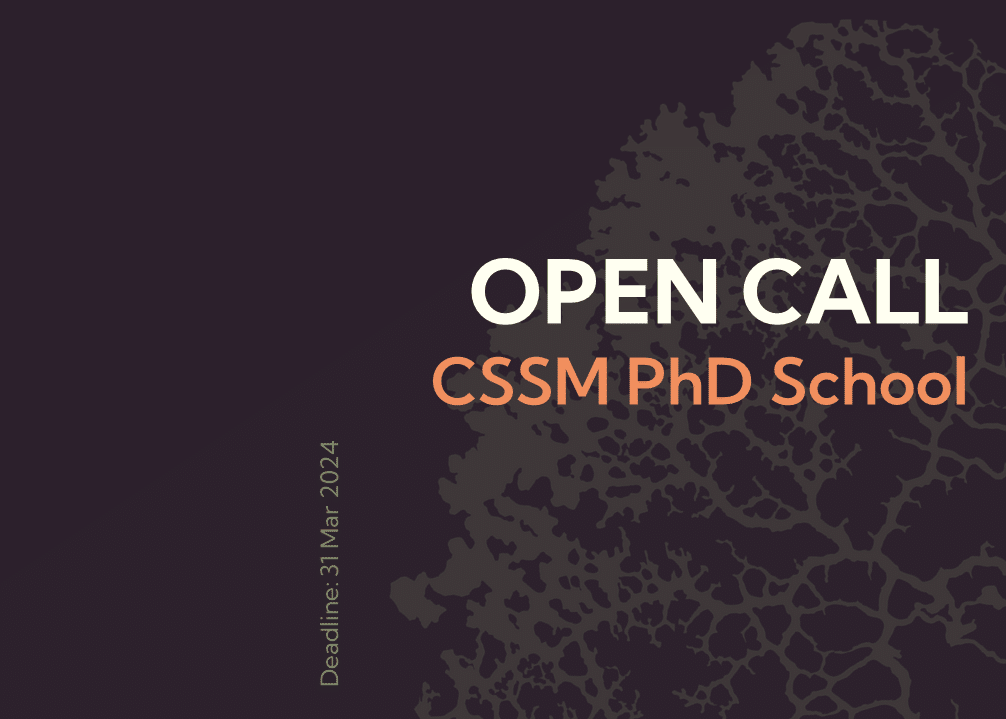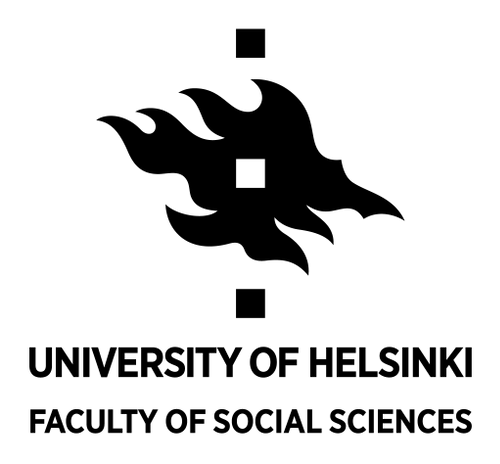The Centre for the Social Study of Microbes is happy to announce that we are now accepting applications to our annual PhD School in Helsinki on June 12–14, 2024. The PhD School is a unique opportunity to develop your current research in a supportive atmosphere, get mentoring from CSSM researchers, and meet others exploring similar questions.
Introduction to themes
At present, research on microbes – whether in social sciences or in life sciences and biomedicine – is undergoing dramatic changes. A boom of microbiome research since the early 2000s has shown that microbes are vastly more abundant in the environment and inside our bodies than previously thought. In contrast to a Pasteurian notion of bacteria as merely pathogenic, microbes are seen to have important supporting roles for health and well-being. Deficit of microbes is now associated with everything from mental health to autoimmune diseases. There is also increasing awareness of microbes’ vital role in different ecosystems and ecological relations to the extent that imbalanced microbial ecologies are associated with global warming, soil depletion, and biodiversity loss.
Recent contributions from social sciences and philosophy of biology have challenged the one-sided definition of microbes as pathogenic, proposing the advent of a ‘post-Pasteurian age’ that takes into account their multivalent and context-specific nature. This shift in understanding human-microbe relations is pushing the emergence of new social forms such as fermentation, often anchored in century-old practices. These developments highlight that microbes are not biological objects only, and that we lack methods and concepts that can account for the complex, multi-scalar sets of practices that characterise human-microbe relations.
Aims and objectives
The aim of this PhD school is to support participants to develop their ongoing research in the area of the social study of microbes. Together, we will explore the necessary theoretical and methodological developments to study changes in human-microbial relations from the social sciences and humanities. Additionally, the PhD school will accommodate the building of international networks for academic collaboration.
Participants will be mentored by a team composed of CSSM and international researchers.
Accepted participants will be expected to submit a draft paper/chapter for discussion two weeks before the PhD school and read and comment on other participants’ drafts (approx. 2-4).
Preliminary programme
The PhD school will last for three days 12–14 June 2024. The first two days will consist of group work, including the presentation and discussion of pre-submitted manuscripts, an international keynote lecture, and general discussions about the social study of microbes. On the third day, the participants will take part in the CSSM Day when the expanded CSSM team comes together for interactive sessions and conversations regarding microbes.
Applications
Who can apply?
We welcome applications from PhD students interested in the social study of microbes. Applicants from the Global South and members of minorities are especially welcome to apply.
Applications should contain:
- Cover letter with a statement of interest (max 1 page)
- Abstract of PhD project, including a reflection on how the research project engages with theoretical and/or methodological developments for the social study of microbes (max 2 pages)
- CV (max 2 pages)
Accepted participants will be asked to submit a paper or chapter draft (max 8.000 words) by May 24, 2024.
Submission
The application should be sent as PDF to cssm@helsinki.fi by March 31, 2024.
Successful applicants will be notified latest by April 15, 2024.
Economic support
Accommodation during the PhD school, lunches and the conference dinner, and travel to Helsinki are fully covered by CSSM. Please indicate in the cover letter if you do not need such economic support. For more information, please contact: cssm@helsinki.fi.
About the CSSM
The CSSM is a hub for social scientists and artists conducting research on human-microbial relations. Microbes are not only biological entities but also shape, and are shaped by, our social worlds. The Centre aims to explore how relationships with microbes raise profound challenges for social theory, which demand new social scientific language and methodologies for describing and explaining the complex and entwined relationships between human and nonhuman animals, microbes, and the environment. Not only is this work theoretically motivated, it is key to developing sustainable methods of planetary co-existence in the Anthropocene.
For more information about the CSSM, please see our website!


